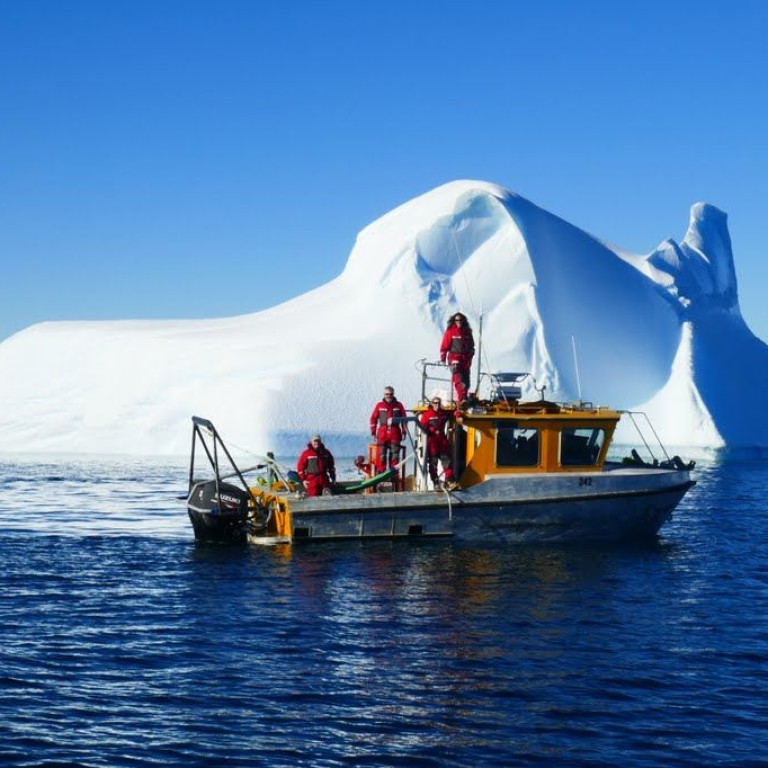
Women at Australia’s Antarctic research bases face rampant sexual harassment, inquiry reveals
- A government report detailed ‘predatory’ culture at the stations, including unwelcome requests for sex and display of pornography
- It added female expeditioners felt pressure to hide the fact they were menstruating while in the field
Problematic behaviour ranged from sexual jokes and taunts to unwelcome requests for sex, and even the display of pornographic material on the bases, the report said.
Expeditioners described the culture as homophobic and “objectifying” for women, gender equity expert Meredith Nash wrote, after conducting a government-sanctioned inquiry following complaints about the behaviour.
People stationed at Australia’s remote bases in Antarctica must live together in close quarters, working in an extreme environment, sometimes for up to a year.
Inquiry finds Australian miners ignored ‘horrific’ sexual assaults of women
Women are under-represented on the stations, especially during winter, and those interviewed “described a culture of widespread, low-level sexual harassment that permeates” the bases, Nash said.
Women expeditioners felt pressure to hide the fact they were menstruating while in the field, the report said.
“When I was briefed on this for the first time, and when I read people’s stories, I was shocked and I was disappointed,” Australian Environment Minister Tanya Plibersek said on Friday.
“The treatment outlined in the report was, and is, unacceptable.”
The Australian Antarctic Division’s director, Kim Ellis, said the programme had engaged a diversity, equity and inclusion specialist in the wake of Nash’s findings.

.png?itok=arIb17P0)